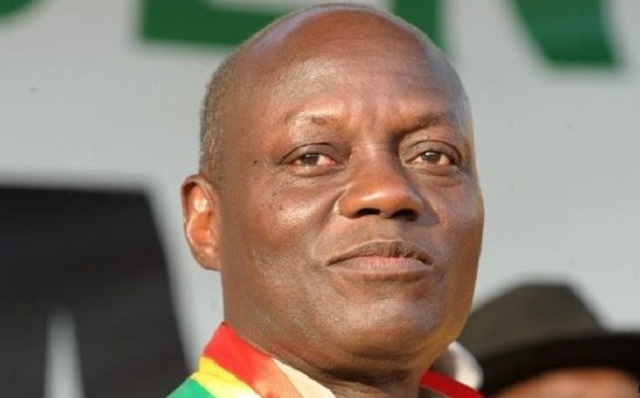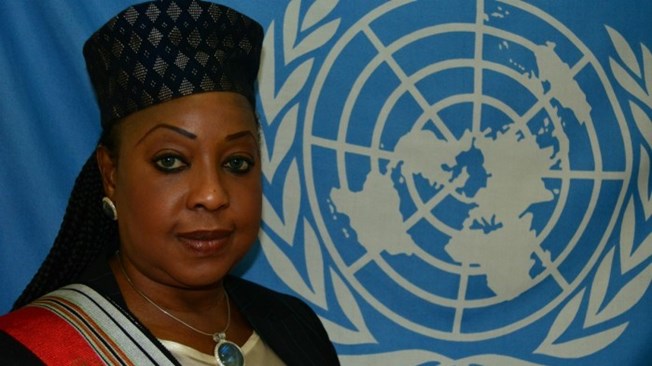Guinea-Bissau president sacks government

Bissau — Guinea-Bissau’s President Jose Mario Vaz sacked his entire government on Thursday, demanding that the ruling party choose a new cabinet to lead the west African country out of its political crisis.
Ministries have been placed under security forces’ control, according to witnesses and security sources, while the ruling African Party for the Independence of Guinea and Cape Verde (PAIGC) was meeting to decide how to respond.
In a message to the nation carried on national radio and television, Vaz said the ball was in the PAIGC’s court.
“I’ve taken a decision which makes the political parties aware of their responsibilities in giving them the chance to prove that they place greater importance on the nation and the people over their personal interests or their group or party,” Vaz said.
“It’s up to the party which won a majority in the legislative elections to propose a government capable of deserving the trust of the parliamentary majority.”
PAIGC leader Domingos Simoes Pereira — who Vaz sacked as prime minister last year, sparking the ongoing political crisis — had urged Vaz to dissolve parliament and hold planned new elections.
But Vaz said that elections “aren’t an adequate means of resolving the problems with discipline, cohesion and internal unity in the political parties”.
Guinea-Bissau has been gripped by political crisis since August 2015 when Vaz dismissed Pereira as prime minister — a decision rejected by the PAIGC.
Both camps say the two men disagreed over how to run the country, especially on how to tackle corruption.
The PAIGC backed Pereira’s replacement as premier, Carlos Correia, which temporarily appeared to resolve the dispute — but in December, 15 rebel lawmakers refused to back Correia’s policies, depriving him of a parliamentary majority.
Guinea-Bissau, a former Portuguese colony of some 1.6 million residents, has suffered multiple military coups since independence in 1974 and the army continues to play a heavy role in politics. — AP












Comments